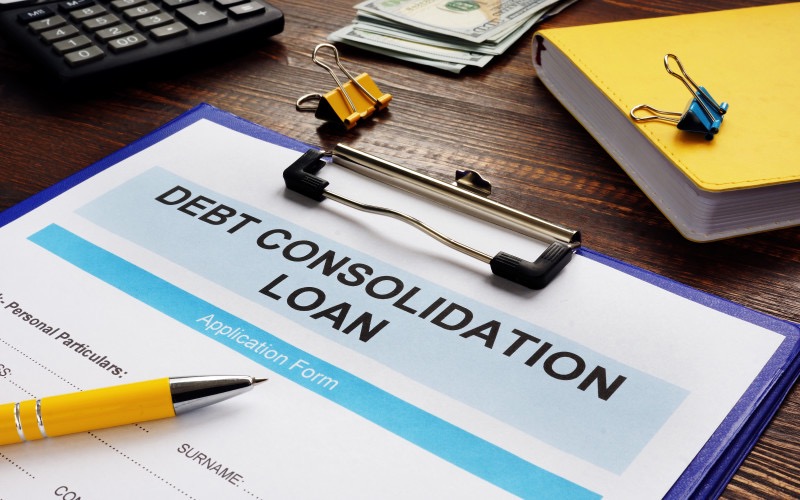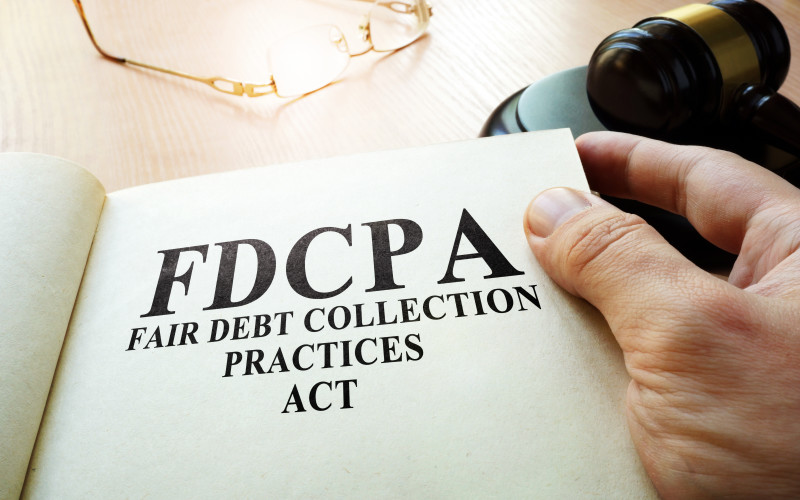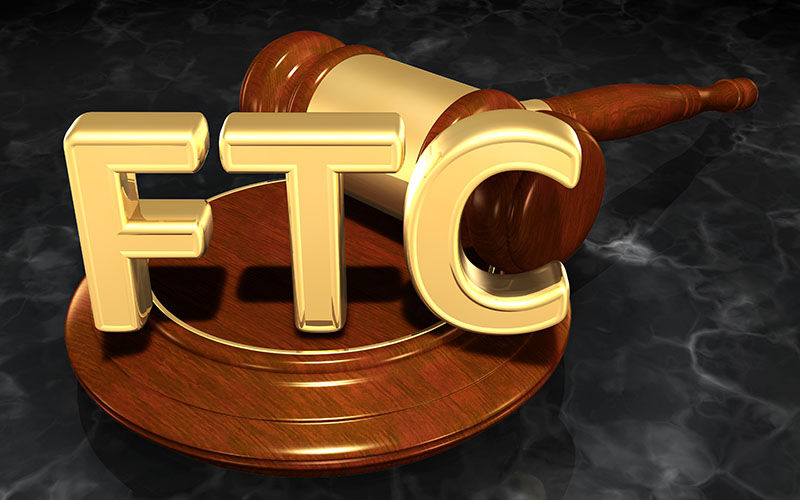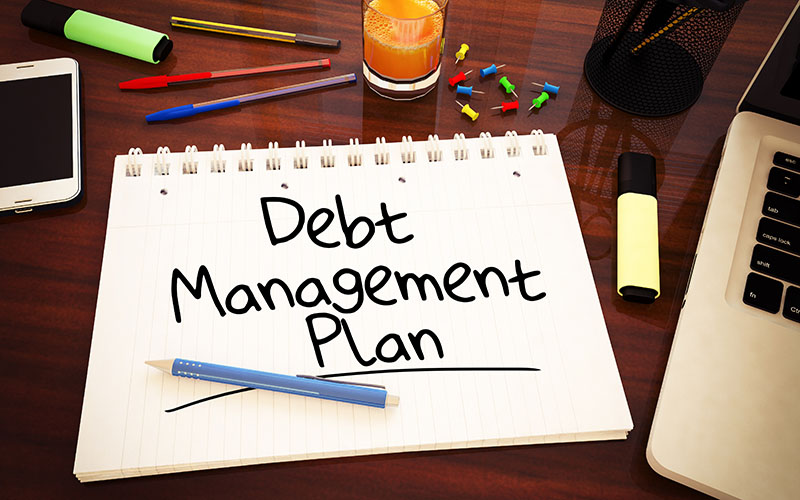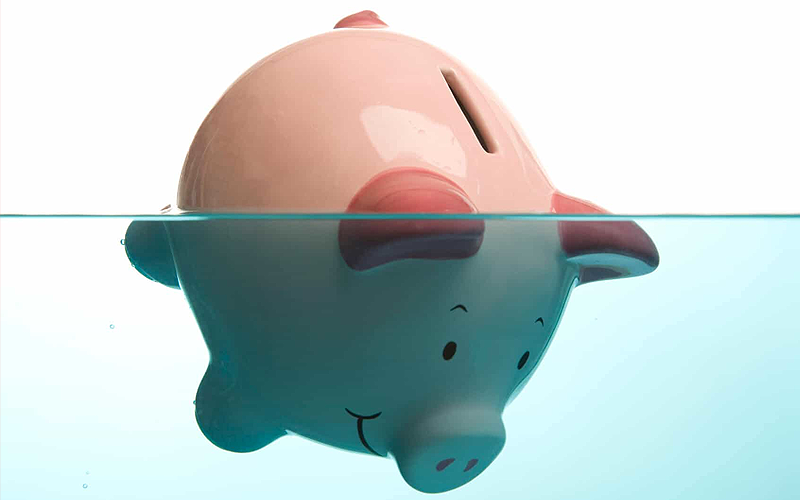Everything You Need To Know About Debt Settlement

When you are overwhelmed by debt, it might feel like a never-ending cycle of bills and payments, but no matter how hopeless you feel, you do have options to successfully pay off your debt.
What Is Debt Settlement?
Debt settlement lets you reduce your total amount of unsecured debt by negotiating with your creditors. This is especially ideal when you are so deep in debt that creditors are willing to settle for less than the amount you owe because of the risk that you may default on your payments.
If you are thinking about settling your debts, know that you can only enroll unsecured debts (which are not tied to collateral, like credit cards and medical debt) into a settlement program. You can even settle your student loan debts.
Although you can negotiate your debts with creditors on your own, it's best to enlist the help of reputable debt settlement company to help you with the process. These services know the ins and outs of debt settlement and have leverage with your creditors.
Before you enroll in these services, you should cut your spending for three to six months before settlement. This is crucial because lenders take a look at your expenses to determine whether or not they will be able to reduce your debt.
How Does Debt Settlement Work?
Debt collectors won't settle your debts until your payments are a few months past due. This means that you must stop paying creditors and begin collecting a lump sum of money in a secured trust while negotiations are made with your creditors. Once an agreement has been reached in writing, then you can use your savings to pay off your creditors.
Debt settlement companies charge either a percentage of your total debt (around 15% to 20%) or a percentage of your negotiated debt (around 30%). An FTC compliant company should not charge you any upfront or monthly fees but your bank may charge you a monthly fee for your FDIC-insured trust account.
Once your debts are settled, be sure to get your full agreement with your creditors in writing.
What Are The Disadvantages To Debt Settlement?
While debt settlement gives you a chance to get back on your feet, there are some risks:
- During the negotiation process, your interest and fees accrue, which means you ultimately end up with more debt.
- Your credit will be damaged. Because you do not pay your creditors during the negotiation process, you end up with delinquent payments on your credit report. Some consumers reported that their credit scores dropped as much as 65 to 125 points.
- Additionally, bad credit means it will become difficult to acquire affordable loans in the future. This negative mark stays on your credit report for up to seven years and is listed as "Charge-Off Settled" or "Paid-Settled" on your credit report, which is not as ideal as an account listed "Paid In Full." It may take several years to improve your credit enough to qualify for a line of credit or an unsecured loan.
- You will probably receive collection calls from creditors. However, debt settlement companies will work with creditors to reduce the number of calls.
- Many consumers find it hard to make monthly payments for their FDIC-insured trust account for 36 consecutive months (the average time it usually takes to reach a settlement). If you don't set aside enough cash for your savings, your creditors are not obligated to agree to a settlement.
- Your credit cards may be permanently closed once you pay the settlement.
- You may wind up owing taxes on your settled debt since the IRS treats forgiven debt over a certain amount as income. Creditors should send you a Form 1099-C to report your canceled debt but you should include the debt on your tax return even if you don't receive it.
How Do I Pick The Right Debt Settlement Company?
If you ultimately decide to pursue debt settlement, you can narrow down your search by looking for a few key criteria:
- Make sure the debt settlement company is licensed to do business in your state.
- Check to see if it is FTC compliant. Companies are required to follow FTC guidelines and regulations.
- Find out the required minimum debt. Most companies require a minimum of $5,000 to $10,000 to enroll in their services.
- Transparency is key. Companies that are upfront about their services and pricing are more likely to provide better services.
- Check the company's fees for settlement. Most companies range between 15% to 20% of your total enrolled debt or around 30% of your negotiated debt. If their website doesn't offer the information, you can call for a free consultation and talk with a representative to learn more about the fees.
Can debt relief affect my credit?
You may be told to stop paying off your debt during the negotiation process, which can seriously damage your credit. However, if you can successfully settle your debts, your credit can be improved long term.
Will I have to pay taxes on forgiven debt?
The IRS code states any forgiven debt from a creditor should be treated as income. However, if you are unable to pay any of your owed debts and your insolvency was greater than the amount of debt settled, you are not required to pay taxes on the amount of debt relieved. Either way, you must attach Form 982 to notify the IRS when you file your tax return.
Edited by:
Bryan Huynh
•
Product Tester & Writer

